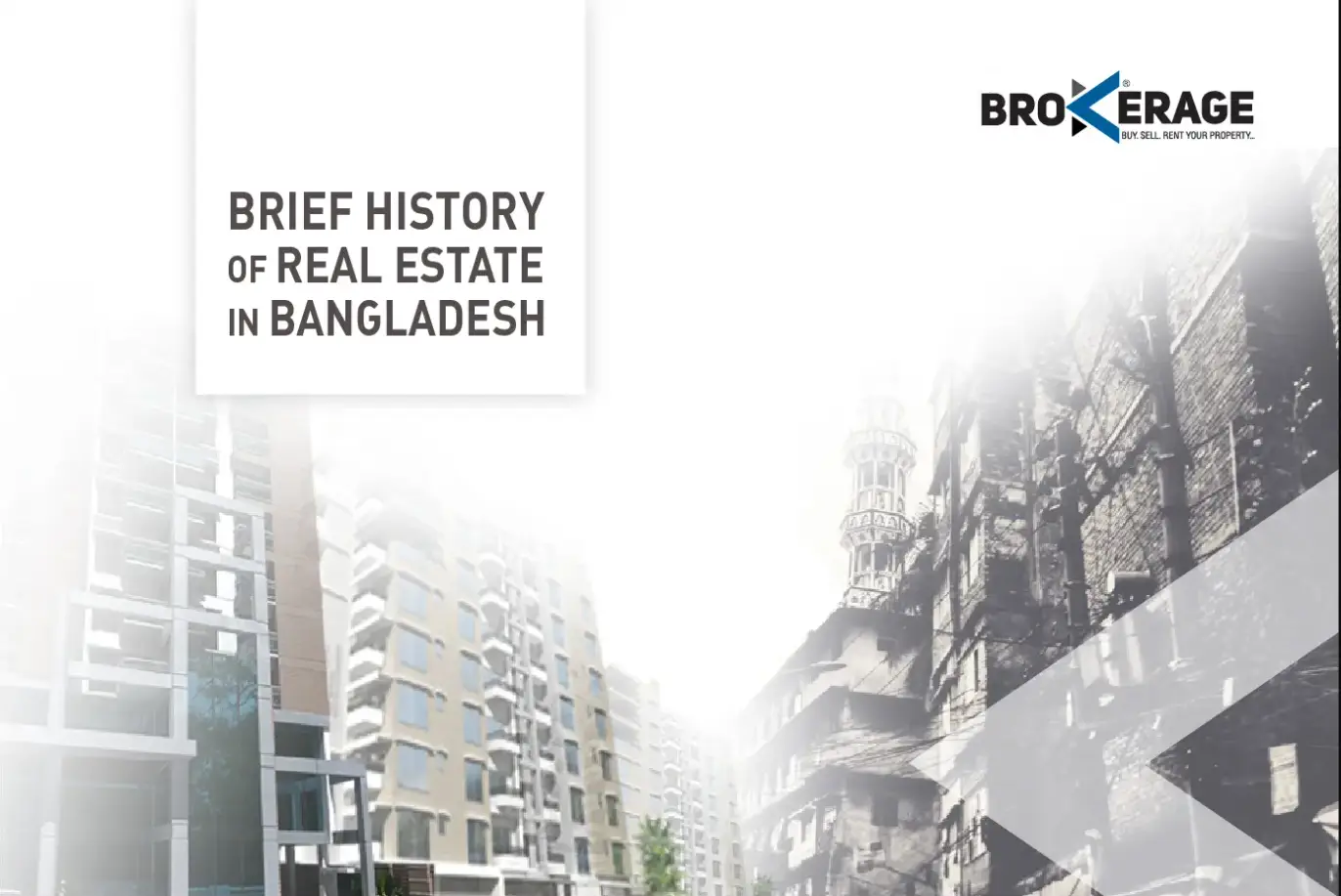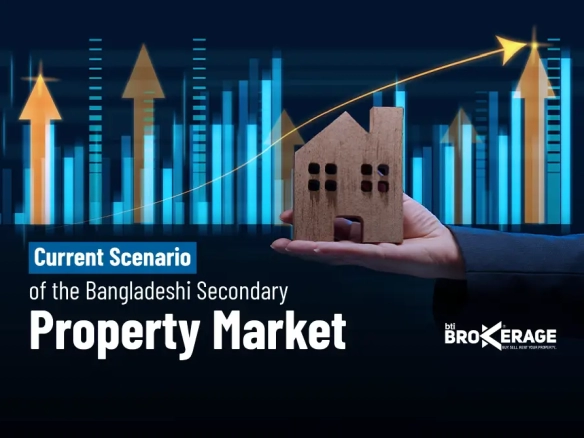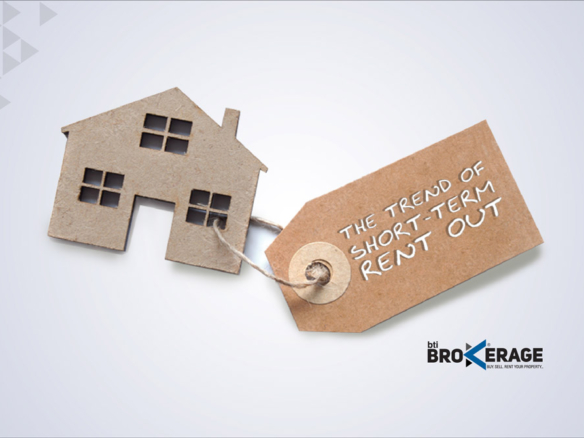After Bangladesh came out of a tumultuous war of freedom in 1971, it was time for its own industries to expand. Although the progress was slow, with only five firms playing the field, real estate really took off during the 1980s, when rapid urbanization was taking place. The population was growing so fast, that housing more people within limited space became a necessity. Since Bangladesh is a developing country, the government was unable to provide housing for all, with growing urbanization, under its jurisdiction. The real estate industry took the responsibility to accommodate our dense population in the last 40 years, and it has not been easy.
It is during this time period, in 1984, that bti was born. With a vision to provide viable housing solutions to all segments of the society, the journey was full of ups and downs. From a small office to a major world-class company, it has not been easy competing with other real estate giants at that time, such as Eastern Housing Ltd, Sheltech, Bashundhara Group, Concord, and so on.
Real estate has indeed been a great blessing for the country’s economy, particularly because it generates direct and indirect employment in other linkage industries such as construction, building products, sanitary ware, electrical products, brokerage, designing solutions and more. In four decades, within limited space, millions of people have benefited from buying and renting homes to this day. To govern procedures of all real estate companies and to ensure authenticity, the Real Estate Housing Association of Bangladesh (REHAB) was founded in 1991 by eleven major companies, including bti. According to REHAB, the real estate sector and its linkage industries contribute to 12% of the country’s national GDP.
A major reason that real estate sector had a boom was due to change in family structure. While previously joint and extended families were prevalent, with urbanisation, more and more nuclear families appeared, who found it more convenient to live in 2 or 3-bedroom apartments. Due to remittance and increase in wage-earners or businesses, purchasing power of people have relatively grown, which allowed them to buy apartments in high-rise buildings. These buildings generally provide more security and amenities within the complex, for example kids’ play area, gym, walking tracks. The owners together form a committee to manage the complex on their own. As a result, these high-rises have become increasingly popular.
Of course, there are still many hurdles. Corruption, discrepancies in land ownership, ambiguous land record management and other legal issues which take time to resolve has caused people to still doubt real estate companies. While the top ones are still performing better, the same cannot be said for those companies willing to aim higher. Also, finding raw land with authentic papers and attractive prices is very difficult. Since most real estate buyers need to borrow funds, the market prices of apartments may fluctuate based on income and national interests. While this might cause a slight depression in the real estate business often, overall prices only went upward. Only in the years 1990-1992 and 2006-2008 the industry faced major setback. A shift in government changed investment practices, and so investors were reluctant to get involved with the real industry. However, after 2011, the industry was able to regain its former momentum. Novice realtors were out of the picture.
The history of real estate industry of Bangladesh is a long yet glorious one. To uphold its contribution to the economy, the government and every realtor company must work together to create new legislation that eases land related hassles and helps both the parties. This way, the common people can also get housing at an affordable rate.




